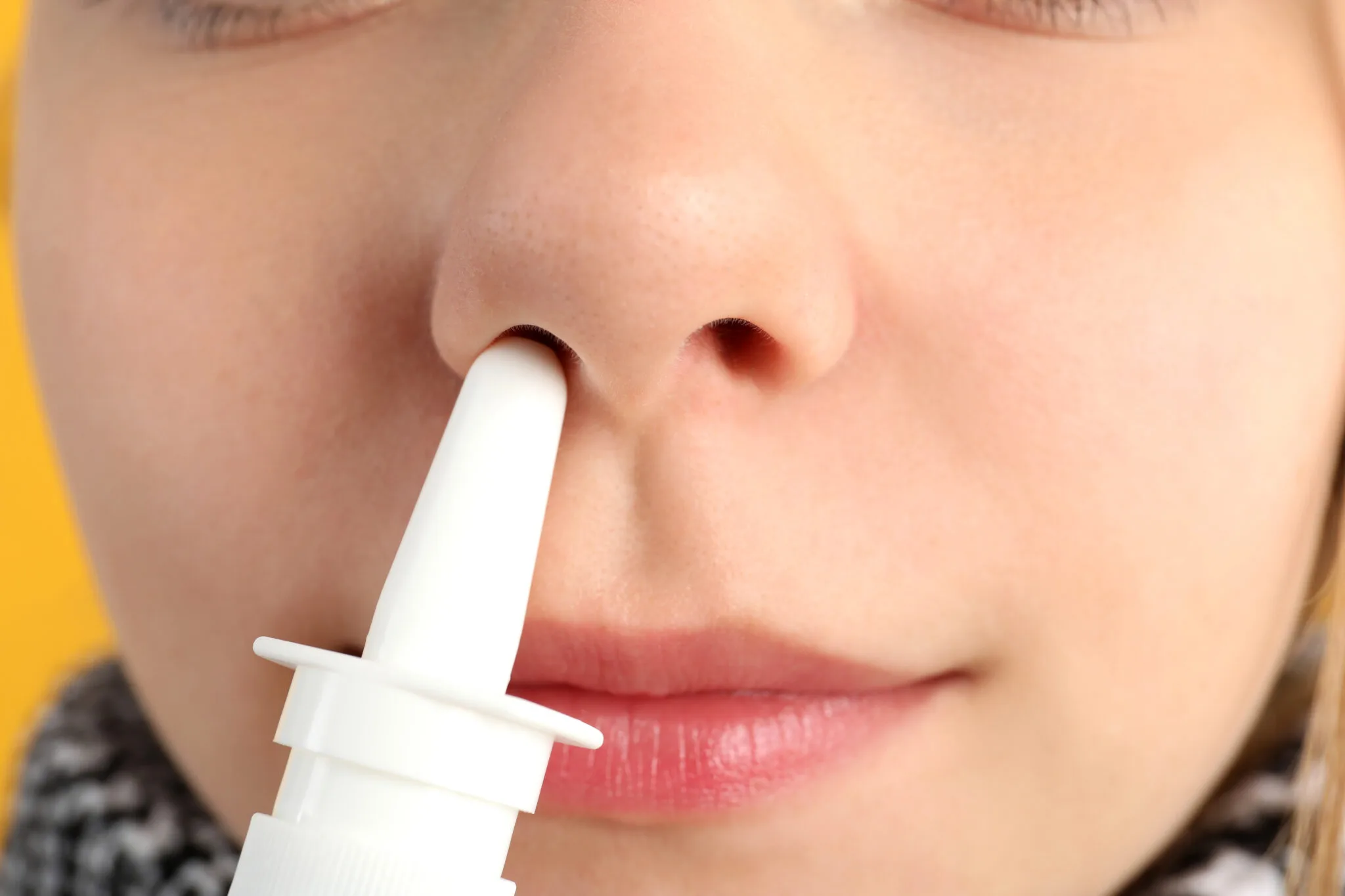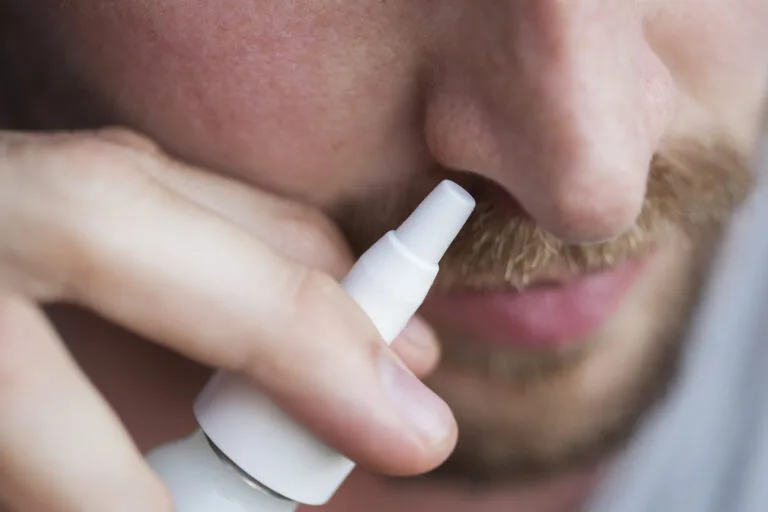Sinus sleep issues
Struggling with sleepless nights due to sinus discomfort? You’re not alone. Many people find their sinuses, which may already be bothersome during the day, wreaking havoc on their sleep. From congestion and pressure to constant coughing, sinus sleep issues can transform your nighttime routine into a battle for rest. But here’s the good news: simple, natural strategies can ease these symptoms and improve both your sinus health and sleep quality. Let’s explore how to overcome nighttime sinus misery and wake up refreshed.
Key Takeaways
- Easing sinus discomfort at night starts with understanding how sinus health impacts sleep.
- Simple natural remedies, like steam inhalation and saline sprays, can significantly improve breathing.
- Adopting the right sleep posture, such as elevating your head, can prevent mucus buildup.
- Creating a sleep-friendly environment with humidifiers and the right temperature aids sinus health.
- Daytime habits, including regular exercise and allergy management, play a crucial role in nighttime sinus comfort.
Connect Sinus Health and Sleep
Sinuses aren’t just a daytime annoyance; they can also stealthily disrupt your sleep. When sinuses flare up, the pressure, pain, and congestion make it tough to find a comfortable position. Sinus issues can lead to sleep apnea or fragmented sleep, leaving you exhausted by morning. Why does this happen? Lying down increases blood flow to the head, causing swelling in the nasal passages. Coupled with poor drainage due to the horizontal position, this creates the perfect storm for nighttime discomfort. Fortunately, with easy-to-implement remedies, you can address these issues and enjoy peaceful sleep.
Symptoms Interrupting Your Dreamtime
Before diving into remedies, it’s crucial to recognize the symptoms that could be sabotaging your sleep:
- Pressure in your cheeks, forehead, or nose bridge
- Difficulty breathing through your nose
- Postnasal drip causing throat irritation
- Coughing that worsens when lying down
- Restlessness due to overall discomfort
Acknowledging these symptoms is the first step toward reclaiming restful nights.
Breathe Easy: Clearing Your Sinuses Naturally
Steam Inhalation for Congestion Relief
Steam is a sinus sufferer’s best friend. It moistens nasal passages, thins mucus, and helps it drain. Here’s how to do it:
- Fill a bowl with hot water.
- Lean over it, covering your head and the bowl with a towel to trap the steam.
- Breathe deeply for 10 minutes.
- Add eucalyptus or peppermint oil for extra benefits.
Doing this before bed can reduce congestion and prepare you for a more peaceful sleep.
Saline Sprays: A Simple Solution
Saline sprays are a gentle and effective way to keep nasal passages moist and clear. Here’s a quick guide:
- Opt for saline sprays without medications to avoid side effects.
- Use it as needed—it’s just saltwater.
- For a deeper clean, try a saline rinse with a neti pot, following safety instructions carefully.
Hydrate to Help Sinuses Heal
Stay hydrated! Drinking plenty of fluids thins mucus, helping clear sinuses. Aim for clear, pale urine as a sign of proper hydration. Warm liquids like herbal tea can be soothing before bed.
Restful Positions: Sleep Posture for Sinus Relief
Elevate Your Head: The How and Why
Elevating your head while sleeping reduces sinus pressure. Propping up your head encourages drainage and decreases nasal passage inflammation. Use a wedge pillow or stack several pillows to keep your head at a 30-degree angle. Avoid lying flat on your back, which can worsen congestion.
The Benefits of Side Sleeping
Sleeping on your side can prevent mucus buildup in the sinuses. If you have a deviated septum, sleeping on the opposite side can bring relief.
Pure Air: Humidifiers and Air Purifiers
Dry air can aggravate sinus symptoms, so humidifiers are great for adding moisture and soothing inflamed nasal passages. Ensure to clean the humidifier to prevent mold. Air purifiers remove allergens like dust and pollen, helping if your sinus sleep issues stem from allergies.
Herbal Helpers: Essential Oils to Soothe Sinuses
Essential oils, such as eucalyptus and peppermint, can reduce inflammation and promote relaxation. Use them in a diffuser or apply a diluted solution under your nose. Always perform a patch test to avoid skin irritation.
Temperature and Light: Setting the Stage for Sleep
Cooler room temperatures (65-68°F) help reduce nasal inflammation. Darkness is also crucial; use blackout curtains or a sleep mask to block out light and help regulate melatonin levels.
Sleep Routines and Nighttime Rituals That Benefit Sinus Health
Establishing a consistent bedtime routine signals your body to prepare for sleep. Practice relaxation techniques, such as deep breathing or meditation, before bed. A warm shower can also help clear your sinuses, and the drop in body temperature afterward promotes sleepiness.
Dietary Do’s: Evening Eats for Easier Breathing
Light, non-inflammatory foods like whole-grain cereal or a banana before bed can prevent sinus irritation. Avoid spicy foods and caffeine, which might worsen your symptoms.
Beyond the Night: Daytime Habits for Sinus Success
Regular Exercise for Airflow
Physical activity improves overall health and helps sinuses function better. However, avoid activities that may irritate your sinuses, like swimming in chlorinated pools.
Stay Allergy-Aware: Avoiding Triggers
To manage allergy-related sinus issues, keep your environment dust-free, wash bedding regularly, and avoid going outside when pollen counts are high.
Nature’s Toolkit: Botanicals and Supplements for Sinus Support
Consider supplements like Bromelain, found in pineapples, which can reduce swelling and improve breathing, or Quercetin, a natural antihistamine helpful for allergy-related sinus issues.
Signs It’s Time: When to Seek Professional Help
If your symptoms persist for over 10 days, or if you experience severe pain or fever, it’s time to consult a doctor. Look for an ENT specialist to diagnose and treat more severe conditions like chronic sinusitis.
FAQs
Can certain foods worsen sinus congestion?
Yes, dairy, gluten, and sugar may increase mucus production in some people.
How can I tell if my sinus issues are allergy-related?
Allergy-related issues often include itching, sneezing, and a runny nose. An allergist can confirm this.
Are there risks with using natural sinus remedies?
Most are safe but can interact with medications or cause allergic reactions. Consult your healthcare provider if in doubt.
What are signs that my sleeping position is affecting my sinuses?
Waking up with increased congestion or sinus pain could indicate your sleeping position is causing issues.
When should I consider using a humidifier for sinus problems?
If you frequently wake up with a dry mouth or nasal passages, a humidifier might help.
ACT NOW! GET A FREE CONSULTATION – TODAY ONLY!
CALL US NOW TO LEARN MORE ABOUT HOW A BROKEN NOSE IS REPAIRED BY A PLASTIC SURGEON! 346-413-9313
Don’t miss this exclusive opportunity to get expert advice and begin your journey towards a new, confident you. Texas Sinus and Snoring’s dedicated team is ready to help you achieve the results you’ve always wanted. Contact us today to schedule your free consultation and take the first step towards a better, more confident you!






